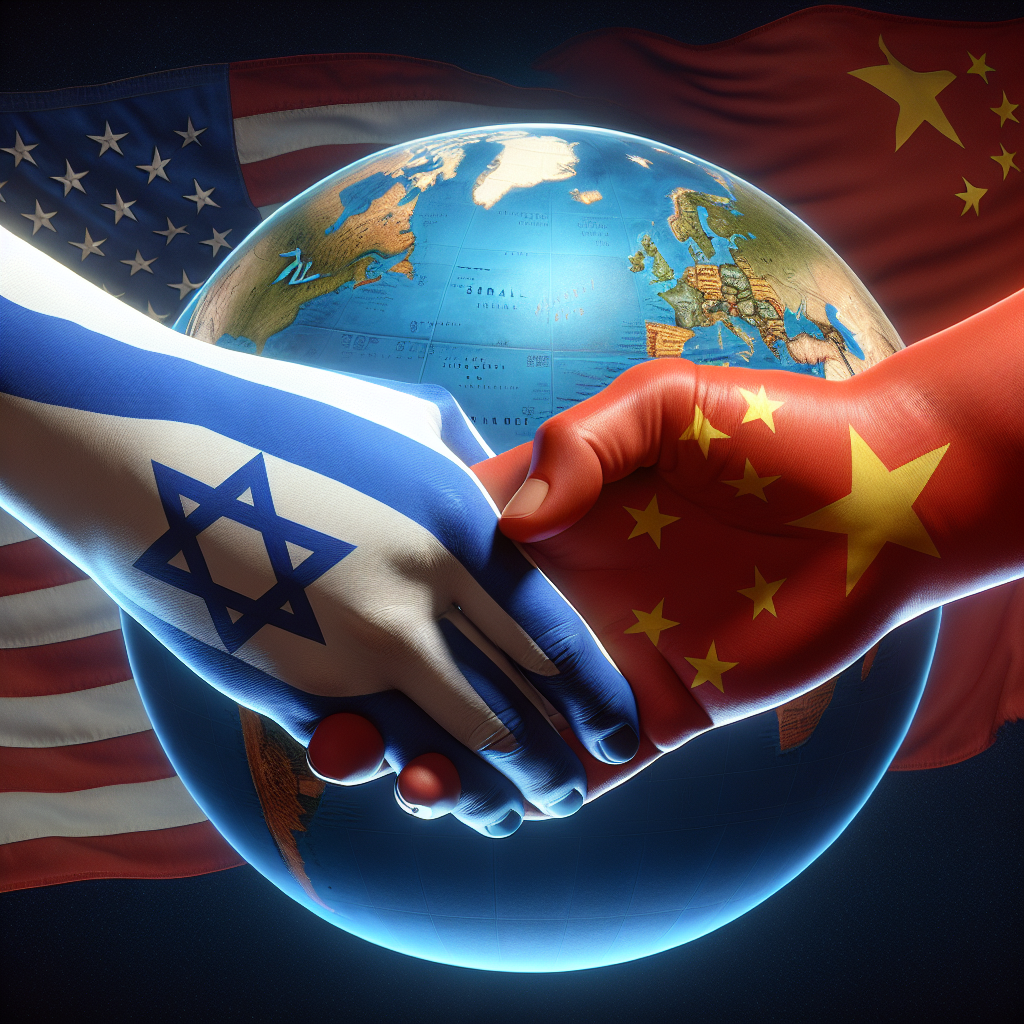In a recent interaction, Avinash Shekhar, CEO of the cryptocurrency startup ZebPay, articulated a vision for India that underscores an aggressive stance on its geopolitical and economic positioning. Addressing an audience at The Economic Times’ Startup Awards 2023, Shekhar expressed the notion that without adopting a more assertive posture on the world stage, India may continue to face pressures and economic bullying from global superpowers.
During his speech, Shekhar emphasized the necessity of India transitioning into what he termed “the most unapologetic superpower,” to safeguard its own interests and command global respect. This call for a bold shift in foreign policy and economic strategies reflects a growing sentiment among Indian entrepreneurs who see the current global landscape as an increasingly competitive and predatory arena.
Shekhar’s remarks at the prestigious event, which annually celebrates innovation and entrepreneurship within India, highlight a palpable concern regarding the external economic influences and pressures exerted by more dominant global entities. In the context of these statements, Shekhar places a notable emphasis on self-reliance and a more pronounced international posture to prevent India from being sidelined or manipulated in critical global matters including trade, technology, and strategic alliances.
In the broader perspective of global economic interactions, Shekhar’s viewpoints might resonate with other stakeholders in the Indian economic sphere who advocate for a transformation in approach—from a traditionally defensive stance to one of assertive engagement. This strategy, as outlined, suggests a projection of India not only as a market of vast potential but as a pivotal player in shaping global economic discourse.
However, the implications of such an assertive stance would be multifaceted. On an economic front, bolstering domestic industries and technological advancements remain key challenges. Politically, recalibrating relationships with both allies and competitors would require nuanced diplomacy especially at a time when global alliances are increasingly fluid.
Understanding Shekhar’s comments requires acknowledging the current state of India in the global order, marked by rapid economic growth but also by challenges like significant income disparity, and infrastructural issues. Advocating for an “unapologetic” assertive role on this stage, therefore, necessitates a judicious assessment of internal capabilities and the potential repercussions on international relations.
Ultimately, India’s endeavor to modify its global economic strategy is reflective of a larger recalibration among nations seeking to enhance their geopolitical heft. Entrepreneurs like Shekhar, with their pulse on both local and international business dynamics, are pivotal in this strategic discourse, advocating not just for advancements within their respective sectors but also for a grander vision of India’s role on the global stage.



